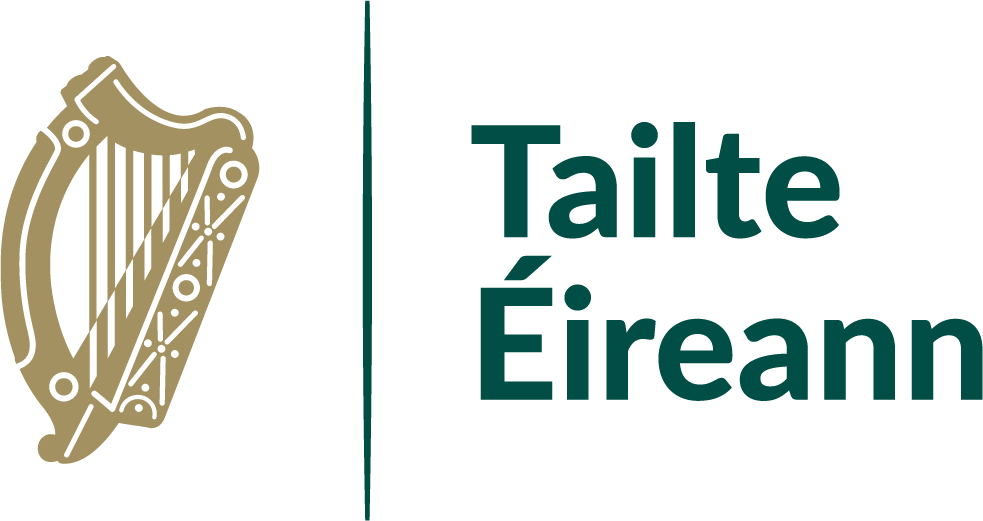Property Registration
We provide a property registration service for the state and maintain the Registry of Deeds and the Land Register and Registry map recording legal property ownership in Ireland.
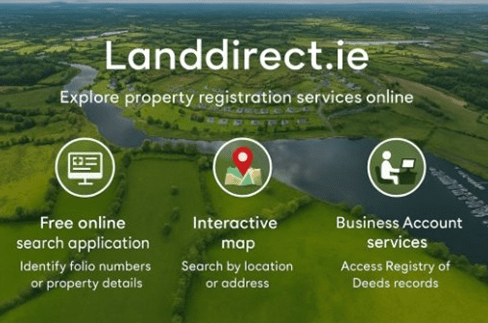
Landdirect.ie – Search the digital Land Register
Landdirect.ie is our free, online search application which also offers easy access to some of our property registration services. Explore the interactive map to locate and identify the folio number for your property, search by location or address, view details of property registered in the Land Registry.
As the Land Register is a public record, any person may inspect the folios and maps, on payment of the prescribed fees via LandDirect. Business Account holders also have access to a wide range of services tailored for the professional user, including search access to Registry of Deeds records.
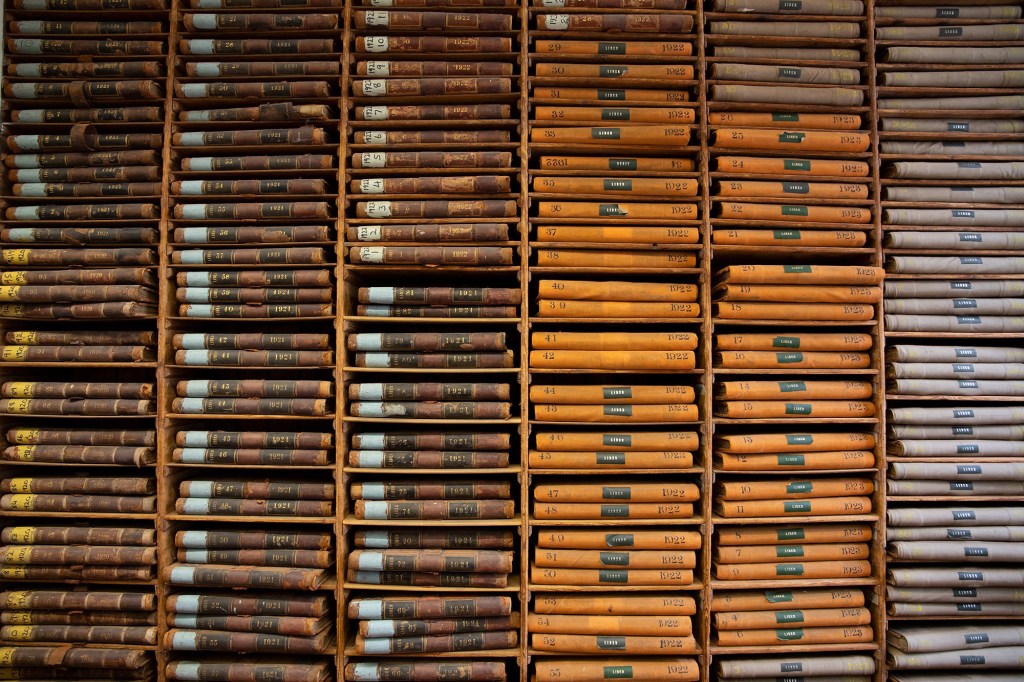
Registration of Deeds in the Registry of Deeds
Since its establishment in 1708, the function of the Registry of Deeds is to provide a system of recording the existence of deeds and conveyances affecting unregistered property. Unregistered property is property where the title is not yet registered in the Land Registry.
When a Deed is lodged in the Registry of Deeds it must be accompanied by the relevant ROD Application Form (as prescribed by the Registration of Deeds Rules 2008).
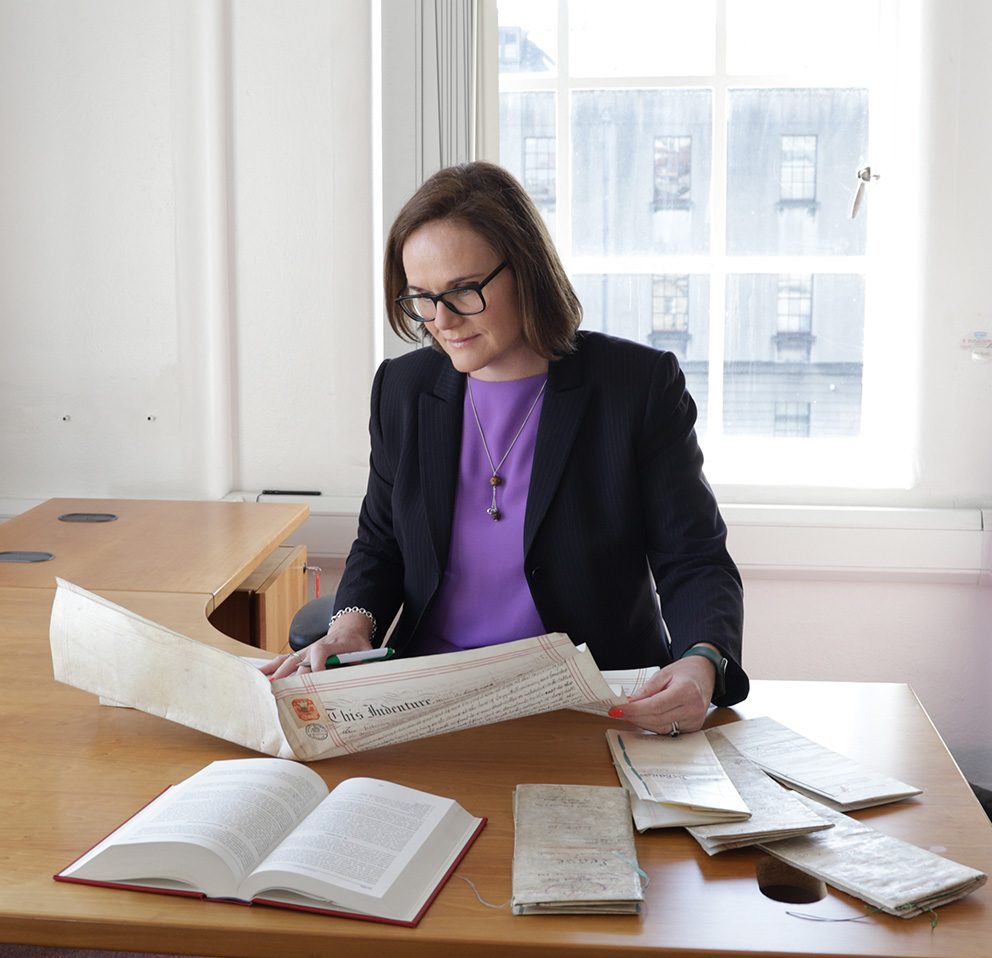
Registration of Title on the Land Register
The core business of the Land Registry involves examining legal documents and related maps submitted as applications for registration and recording their legal impact on the register and maps.
In most cases, applications are prepared on behalf of the applicant by qualified legal practitioners and submitted for registration. All applications for registration must include the relevant application forms and documents. Registration guides and checklists for preparing an application are available in the Resources section.
Applications for first registration can be complex in nature and further direction and guidance is provided below.

eRegistration.ie
eRegistration offers a range of services to practicing Solicitors that facilitate the electronic registration of transactions affecting the Land Register.
An eRegistration account offers many advantages including the drafting of certain deeds online with access to registered owner details to avoid errors in the application and no fees payable for certain transactions.
Benefits include secure circulation of draft and finalised deeds, electronic correspondence and notices and the payment of registration fees all in one place.
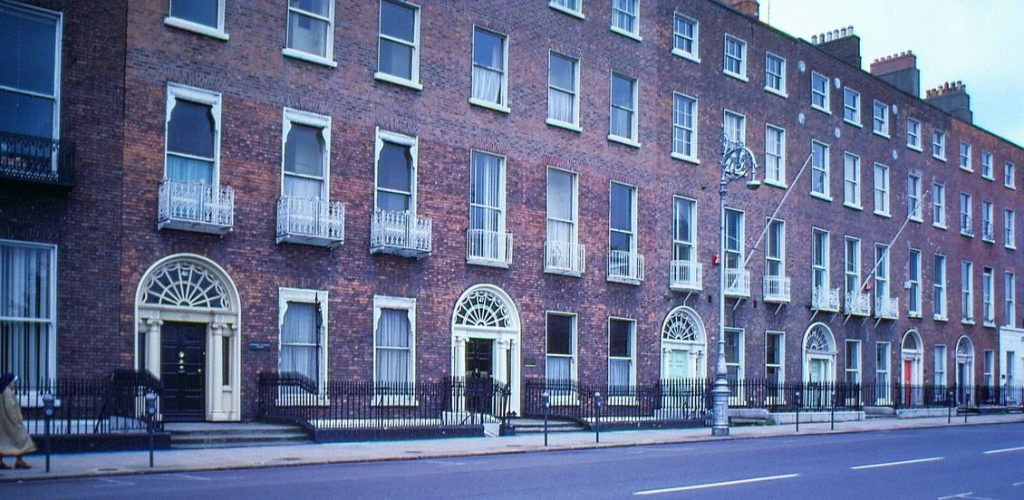
Ground Rents
Tailte Éireann administers a scheme under which owners of leasehold property can purchase their Ground Rent and enlarge their interest into a freehold. A leasehold interest is for a fixed term of years and subject to a rent whereas freehold has the capacity to last forever.

Electronic Copy Instrument Requests
A paperless ‘P’ application process to request a Copy Instrument is available to practising Solicitors who are acting for the Registered Owner.
Applications are received immediately on submission and will have a lodgement date of the day submitted, thus removing the time and expense in posting applications. Turnaround times for ‘P’ applications sit at 7 working days where the instrument is readily available.
